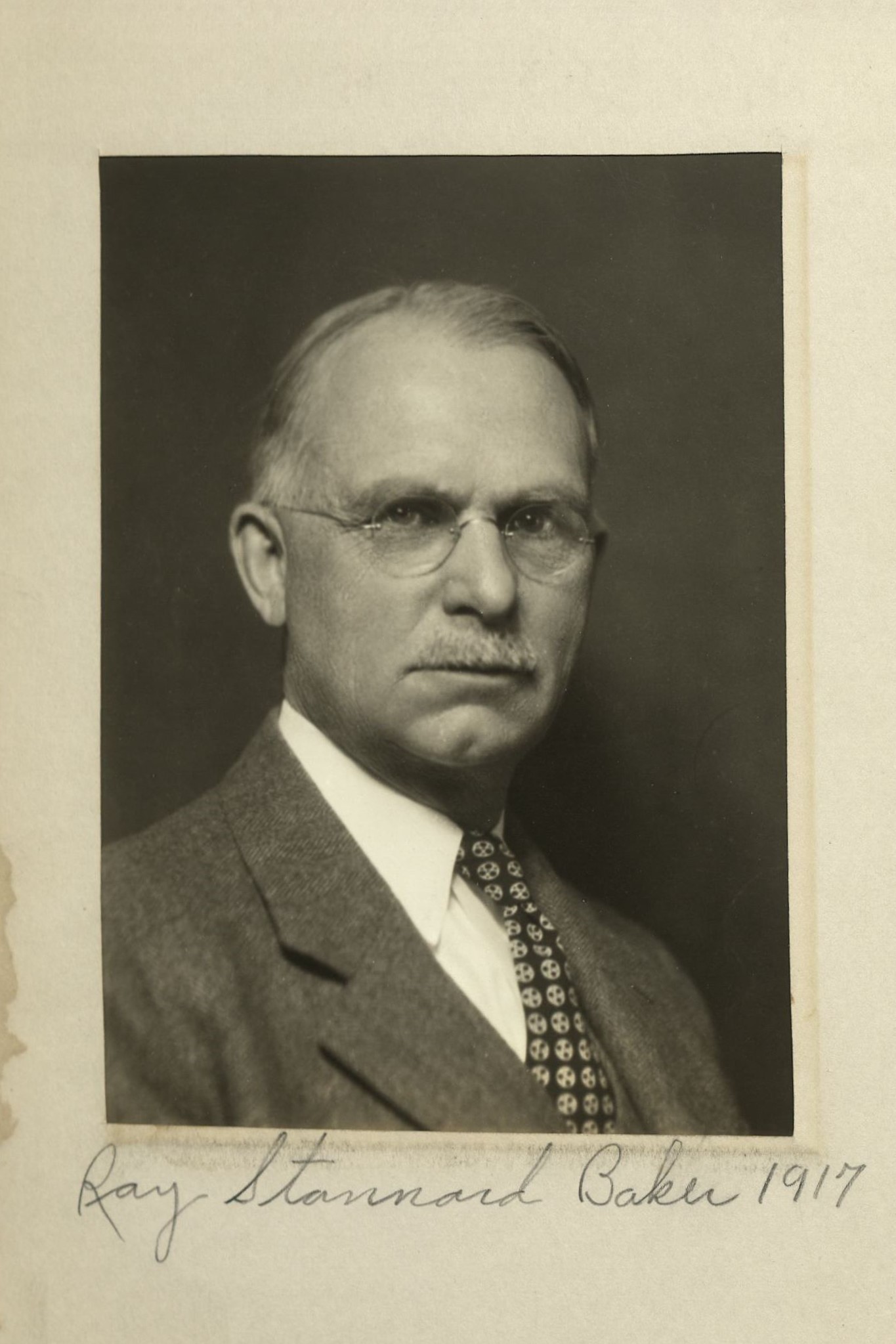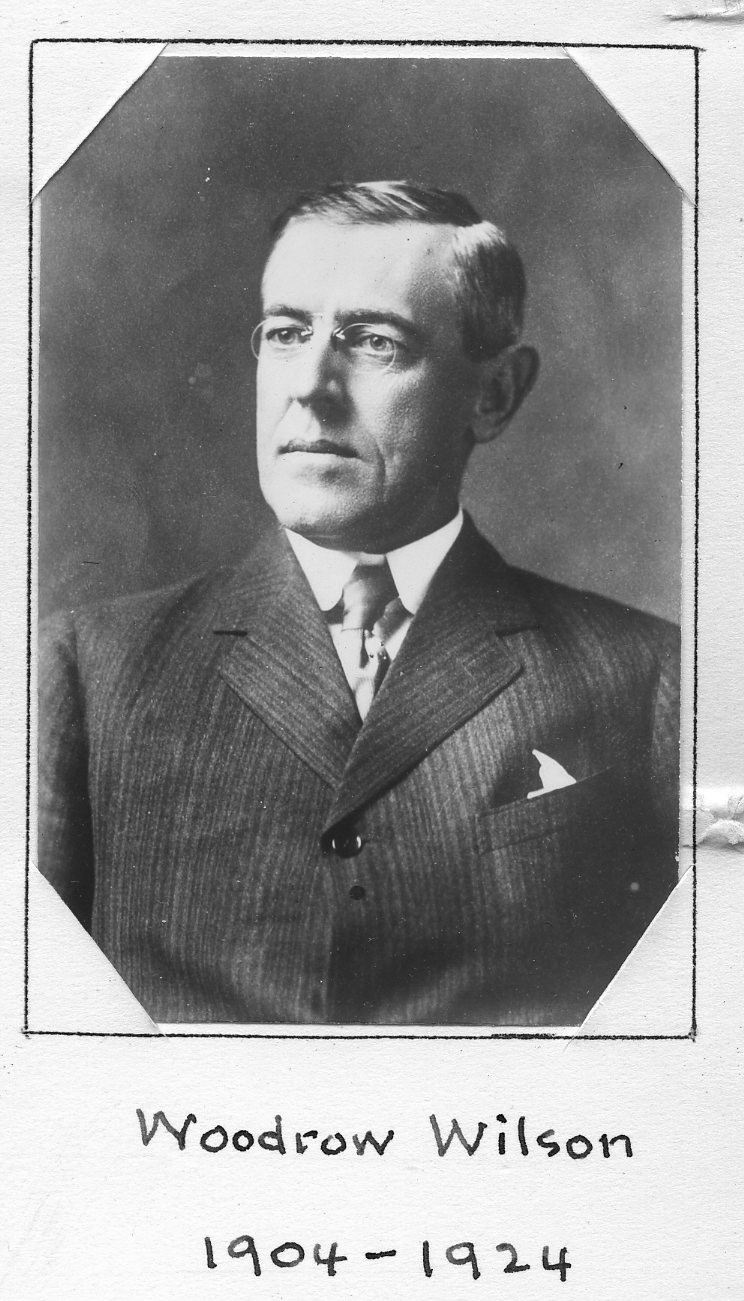Member Directory,
1847 - 1922
Ralph H. Graves
Editor
Centurion, 1920–1939
Charles C. Nadal and Charles R. Miller
Chapel Hill, North Carolina
Garden City, New York
Age forty-two
Chapel Hill, North Carolina

Century Memorial
Born at Chapel Hill, North Carolina, Ralph Henry Graves came of a long line of distinguished ancestors—educators, statesmen, one of them a signer of the Declaration of Independence. His father was professor of mathematics at the University of North Carolina and several of his forbears held professorial posts in the same institution. There he received his bachelor’s and master’s degrees. During his last two years at the University he worked in the library, a valuable experience for later years. His ability to wrench facts from difficult sources was notable.
From the scholastic atmosphere of the University with which his family had been identified he turned to newspaper work in New York. It was on the New York Post that he first displayed his remarkable reportorial abilities, covering with great distinction the Hughes investigation of the insurance scandals. Later a description of the Titanic disaster in the New York Times was another fine achievement. On the Post he became assistant city editor; on the Times he served as assistant editor, city editor, day news editor and Sunday editor. In 1923 Graves joined forces with Doubleday, Page & Co., where he conducted that firm’s syndicate department, later serving as managing editor of The World’s Work. Not until his name was printed at the masthead of that publication, with Arthur W. Page, did he emerge from the anonymity of newspaper writing and editorial work. That was before the days of “by lines.” He served also as managing editor of The Red Cross Magazine during the war, 1914–1918, and later conducted Personality, a magazine published by F. N. Doubleday. For the Doubleday syndicate he placed with newspapers and magazines here and abroad Ray Stannard Baker’s “Woodrow Wilson” and Marshal Foch’s “Memoirs,” among other famous books. In 1936 he established his own syndicate in New York.
Centurions remember him as a man who belonged in any group. He was the sort of person one instinctively wanted to talk to; one had the feeling that he would have something worth while to say and he always had, quietly, unaggressively. In spite of his serene, somewhat detached manner, he was always aware of what was going on around him. His eyes were sensitive, requiring the use of tinted glasses; this gave his glance a veiled appearance, but his vision was more than photographic. It was analytical, like a portrait painter’s. He knew what was going on behind the face. Behind his high, noble brow and his calm expression were the keenest of minds and an aggressive interest in life. Because of his background and training he wrote with incredible speed and admirable clarity. His editing of a manuscript was done in the same efficient speedy way. An article or book blue-penciled by Graves lost nothing of its flavor or character, only superfluous verbiage and faulty construction. His acquaintance was wide and thanks to his gift of friendship many loved him. Those who knew him best loved him most.
Geoffrey Parsons
1939 Century Memorials


